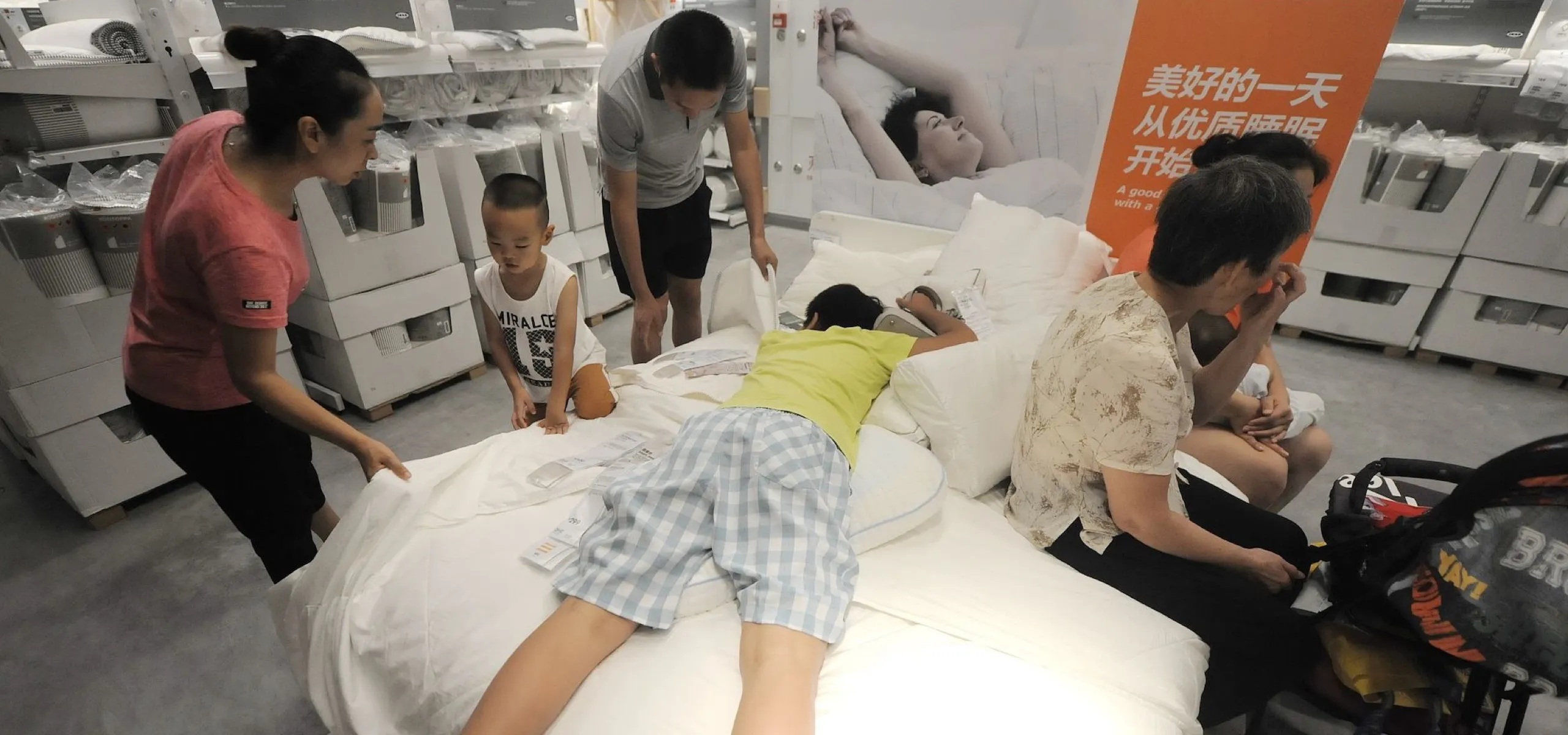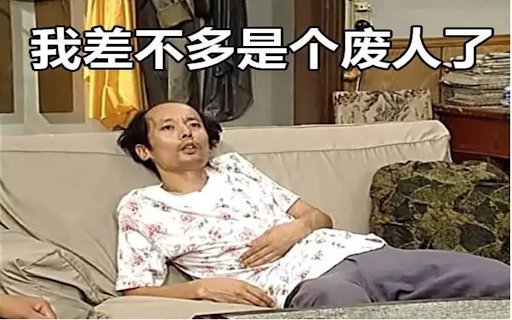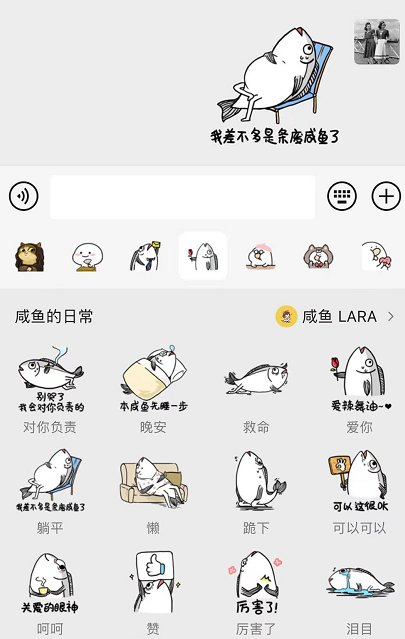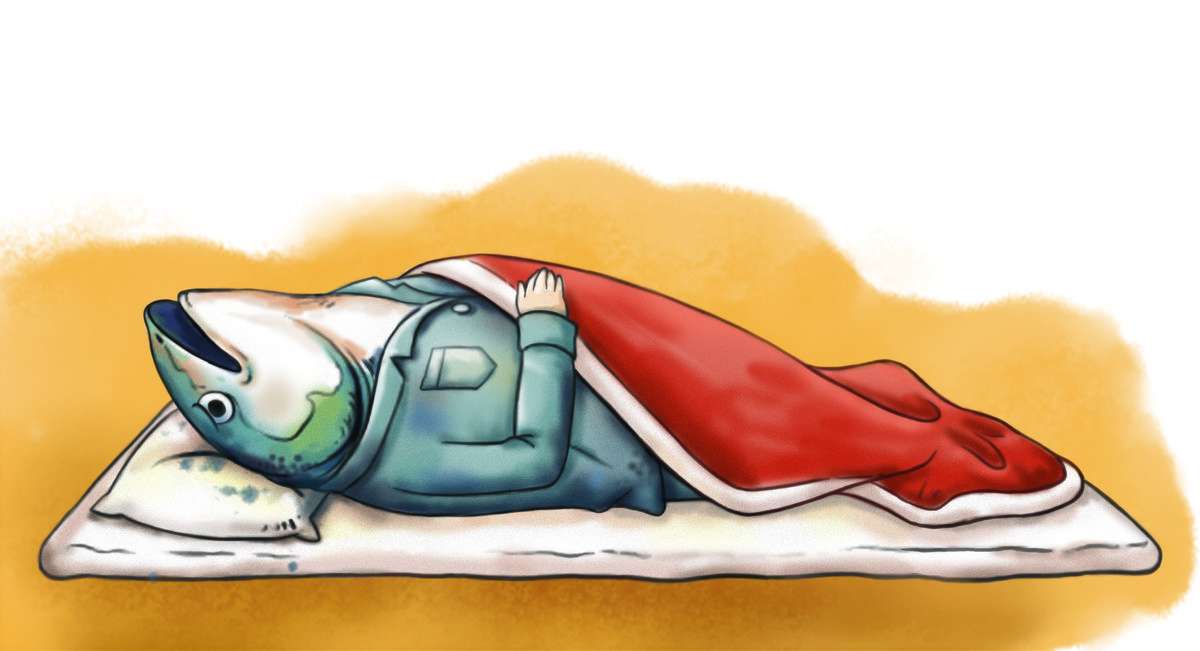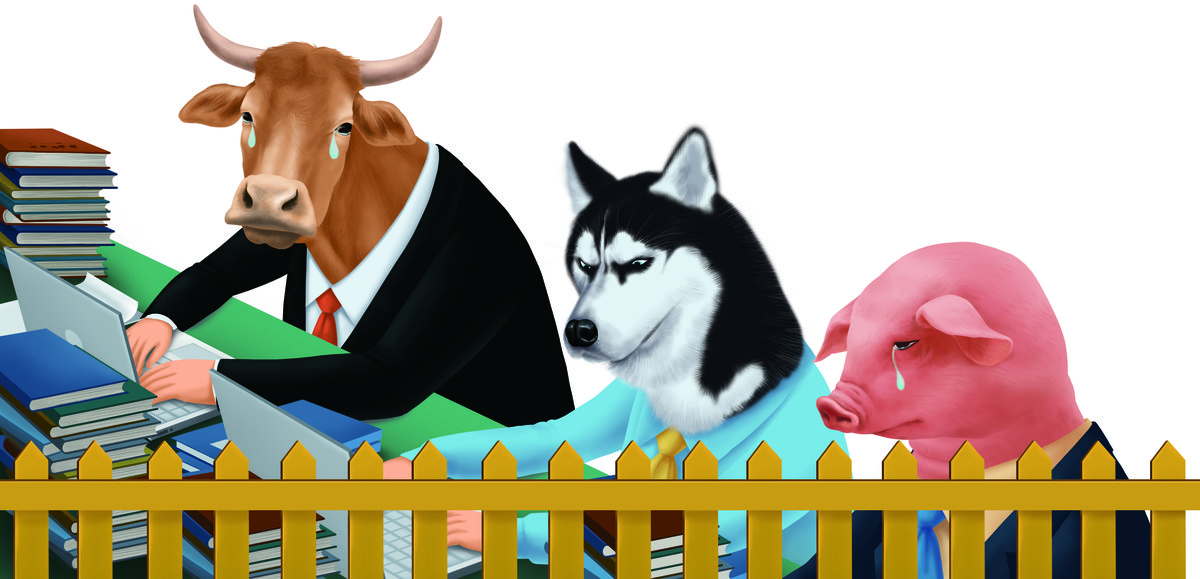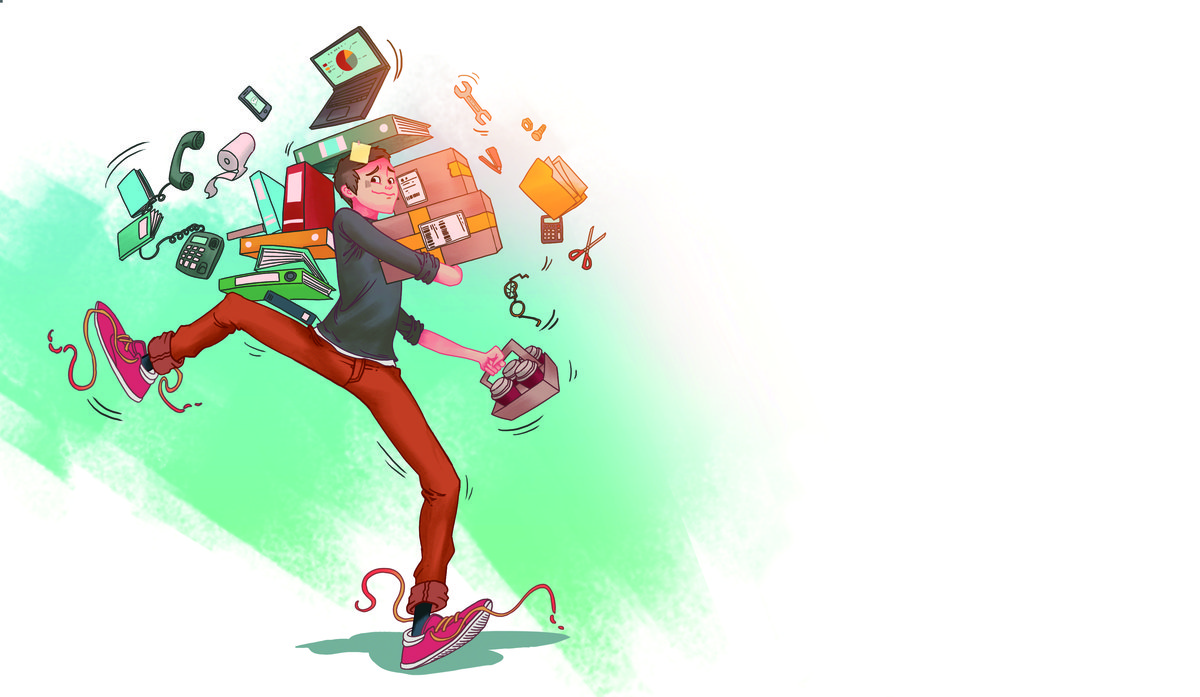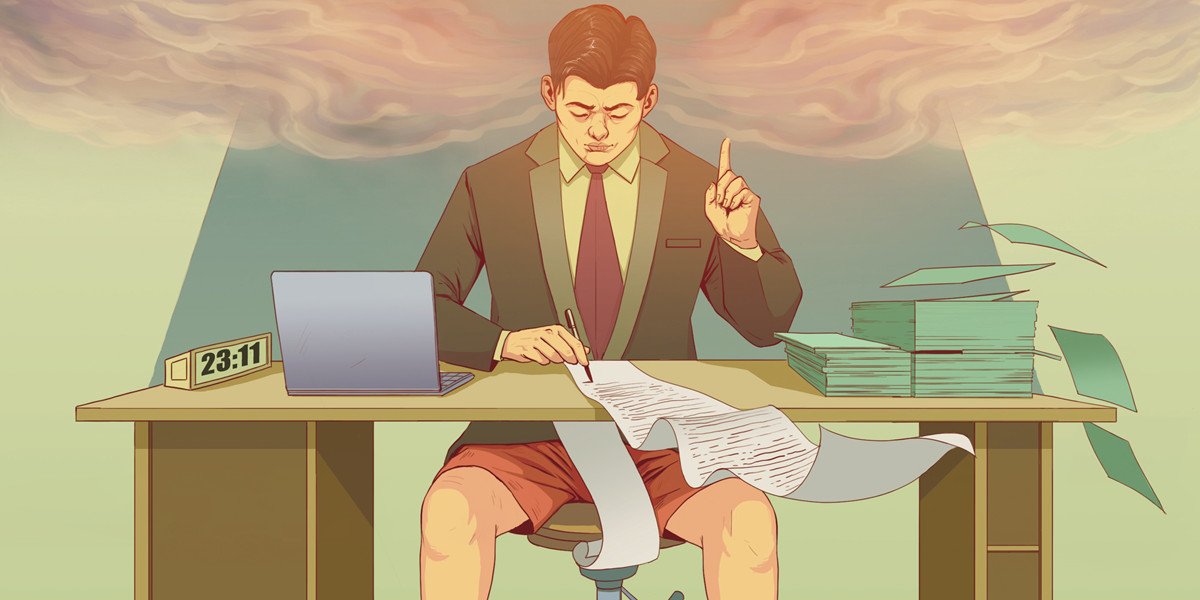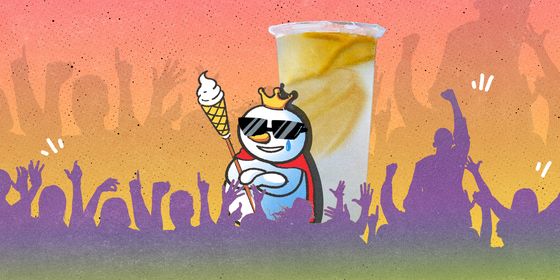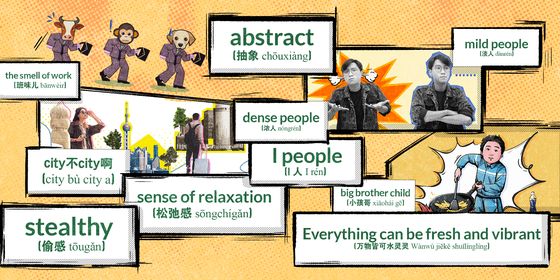Chinese millennials' latest "rebellious" buzzword is actually ancient (in internet terms)
Another day, another attempt by English-language media to sniff out the seeds of revolution. Multiple international news outlets have recently latched onto two Chinese internet buzzwords: “Lying flat” (躺平) and “involution” (内卷).
The two terms are joined at the hip: If “involution” can be defined (as anthropologist Xiang Biao did for The New Yorker) as “the experience of being locked in competition that one ultimately knows is meaningless,” then “lying flat” is the logical apathetic reaction. But presenting this as a “new trend” implies a sudden and dramatic shift in Chinese culture, making it feel perfectly natural for The Washington Post to describe it as an act of “rebelling against society.”
Is it, though? Although the blog post that started the lying flat phrase in China seems to have been deleted, and domestic talking heads wheeled out to express disapproval, this says less about the subversiveness of this mentality than it does about the one-size-fits-all methods of Chinese censorship and mainstream media, which have in the past stopped WeChat users from sending stickers of former president Jiang Zemin slurping coffee and written with grave seriousness on the illegality and “unacceptable” nature of a Hong Kong protest-themed cake.
The idea that overburdened Chinese netizens will actually lay down their tools (and bodies) in protest is doubtful, and not just because they can’t afford to: Despite these two phrases being fresh off the internet mint, millennial white-collar workers have been coining dozens of similar buzzwords to vent their frustrations for at least half a decade, and likely will continue to do so. For many, it’s a chance to share a grim laugh rather than a genuine act of resistance.
These buzzwords all tap into the ennui and cynicism in developed societies worldwide, where work cultures like “996” (working from 9 a.m. to 9 p.m., six days a week) leave white-collar workers emotionally exhausted, and feeling powerless against a ruthless competition rigged against them.
“Lying flat” and “involution” are just the tip of the iceberg. From “salted fish” to “corporate cattle,” here are some other colorful phrases Chinese netizens use to complain about modern life:
The Chinese term sang (丧 sàng) meaning “disheartened” or “depressed,” was originally used in the context of deaths and funerals. In the mid-2010s, though, it spawned an entire subculture as response to skyrocketing house prices, a ruthless job market, and pressure to marry. Millennials who identify with the sang mentality choose to withdraw from the competition for material success, instead wallowing in their lack of motivation and labeling themselves as losers. It traces its origins at least as far back as the 2016 "Ge You slouch" meme, which is a viral screenshot of a character from the early 1990s sitcom I Love My Family (played by actor Ge You) reclining apathetically on a couch.
A person who is sang, who has given up the rat race, has all the limpness of a corpse—hence they are also known as “salted fish (咸鱼 xián yú), originally a Cantonese slang term for a dead body. The term has sparked a collection of memes, each of an overburdened fish sweating its way through life. One collection of fish-themed stickers on WeChat, which has been available on the app since at least 2017, even has a entry called "lying flat."
The People’s Daily also criticized the sang phenomenon in its heyday, ruling in an editorial from August 2017 that it was “an extreme” attitude “that’s worth our attention.” The Party-run paper then ran another editorial in December 2017 urging the importance of young people staying “energetic, positive, passionate” to counter a spin-off sang, “Buddha-like youths” (佛系青年) who maintain a Zen attitude in the face of life’s competitions.
In 2018, the Japanese TV series We Cannot Become Beasts hit the nail on the head in its depiction of the life of an exhausted and downtrodden female office worker. The series coined the term 社畜 (shèchù), a combination of the Japanese words “会社 (corporation)” and “家畜 (livestock).” Chinese office workers today will sardonically refer to themselves as animals, effectively the property of their employer: either as 社畜 (corporate livestock) or else an “overtime dog (加班狗 jiābān gǒu).”
On May 4, 2020, the 101st anniversary of China’s May Fourth student movement, Bilibili launched a patriotic video where actor He Bing compared the nation’s youth to a "rear wave" that should “surge ahead!” It was based on a famous line from a Song dynasty (960 – 1279) poem: “As the rear waves of the Yangtze River drive on the waves in front, so the new replace the old.” Though the term "rear wave (后浪, hòulàng)" has been picked up as an inspirational term by many millennials, an equal number felt it was too tempting not to mock. One Weibo post commented: “Only those with financial means can have dreams. We are more of a ‘leek wave.’”
The leek metaphor comes from the slang term 割韭菜 (gē jiǔcài, harvesting leeks), which originally described naive newcomers being played by seasoned investors in the stock market. Leeks are well known for growing back quickly once they’ve been harvested, conjuring up an image of never-ending exploitation with each fresh batch that comes along. It has been extended to describe all forms of abuse—from corporations that overwork young employees, only to dump them for new graduates, to “financial management” courses by online gurus who promise wealth but enrich nobody but themselves.
This practice of turning inspirational sayings on their head is more broadly known as “anti-chicken soup” (反鸡汤 fǎn jītāng), coined by young people to pour cold water on mindless marketing slogans encouraging them to pursue impossible dreams, and to have a good chuckle while they do it.
“Wage slave by day, and balance payer by night (早上打工人,晚上尾款人 zǎoshang dǎgōng rén, wǎnshàng wěikuǎn rén)”: This popular phrase refers to office workers who pour long hours into mindless jobs in order to purchase the products they feel they ought to have due to marketing slogans and "presale" events on e-commerce platforms like Taobao. This binds office workers in an endless cycle of having the little money they earn taken from them as soon as they get it. 打工人 and 尾款人 both made it into Youth Digest magazine’s list of the Top 10 Buzzwords of 2020. But unlike "lying flat" and "anti-chicken soup," 打工人 has more positive connotations, as the term implies active striving to make it through life. Netizens calling themselves 打工人 have coined self-motivational slogans and take pride in their ability to survive this lifestyle.
Gaslighting Goliaths and Their Capitalist Collaborators
Back in April 2019, Jack Ma called “996” and a 12-hour workday a “blessing” for young people. So why should you grumble at your workload? Aren't you grateful to be employed? Such psychological manipulation by bosses, intent on keeping employees motivated and their nose firmly on the grindstone, have been dubbed “职场 (zhíchǎng, workplace) PUA”—with PUA standing for “pick-up artists.” There are countless entries on Baidu and Zhihu covering how to identify and deal with their methods, reaching back as early as February 2020. They are aided and abetted by “spiritual capitalists (精神资本家 jīngshén zīběnjiā)”: friends, relatives, and colleagues who remind the worker of the importance of “thinking positive” and "working hard" to get ahead.
Cover image from VCG





